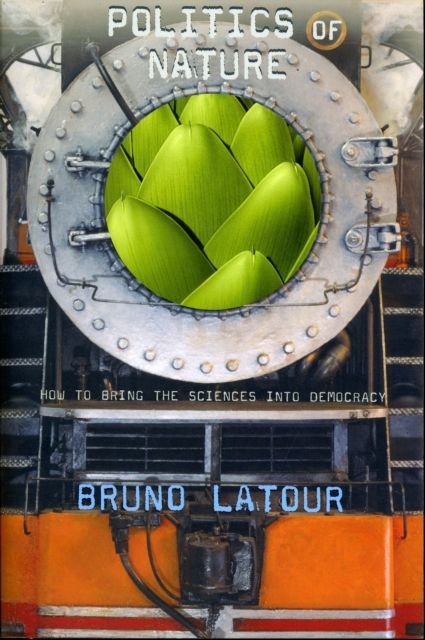Read more
Informationen zum Autor Bruno Latour was Professor Emeritus at Sciences Po Paris. He was the 2021 Kyoto Prize Laureate in Arts and Philosophy and was awarded the 2013 Holberg International Memorial Prize. Klappentext From the book: What is to be done with political ecology? Nothing. What is to be done? Political ecology! All those who have hoped that the politics of nature would bring about a renewal of public life have asked the first question, while noting the stagnation of the so-called "green" movements. They would like very much to know why so promising an endeavor has so often come to naught. Appearances notwithstanding, everyone is bound to answer the second question the same way. We have no choice: politics does not fall neatly on one side of a divide and nature on the other. From the time the term "politics" was invented, every type of politics has been defined by its relation to nature, whose every feature, property, and function depends on the polemical will to limit, reform, establish, short-circuit, or enlighten public life. As a result, we cannot choose whether to engage in it surreptitiously, by distinguishing between questions of nature and questions of politics, or explicitly, by treating those two sets of questions as a single issue that arises for all collectives. While the ecology movements tell us that nature is rapidly invading politics, we shall have to imagine - most often aligning ourselves with these movements but sometimes against them - what a politics finally freed from the sword of Damocles we call nature might be like. Zusammenfassung This book establishes the conceptual context for political ecology. Latour proposes an end to the old dichotomy between nature and society—and the constitution, in its place, of a community incorporating humans and nonhumans and building on the experiences of the sciences as they are actually practiced.

